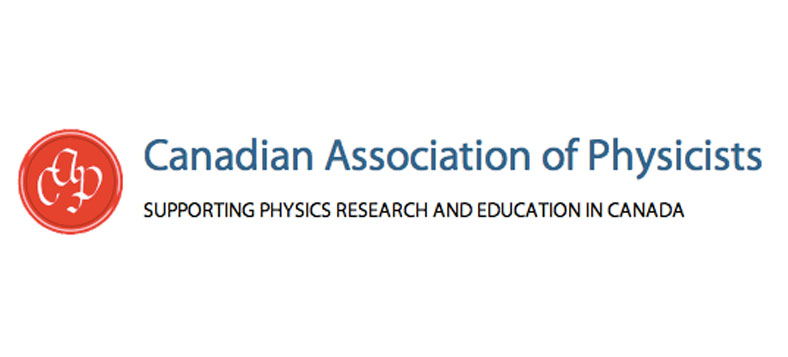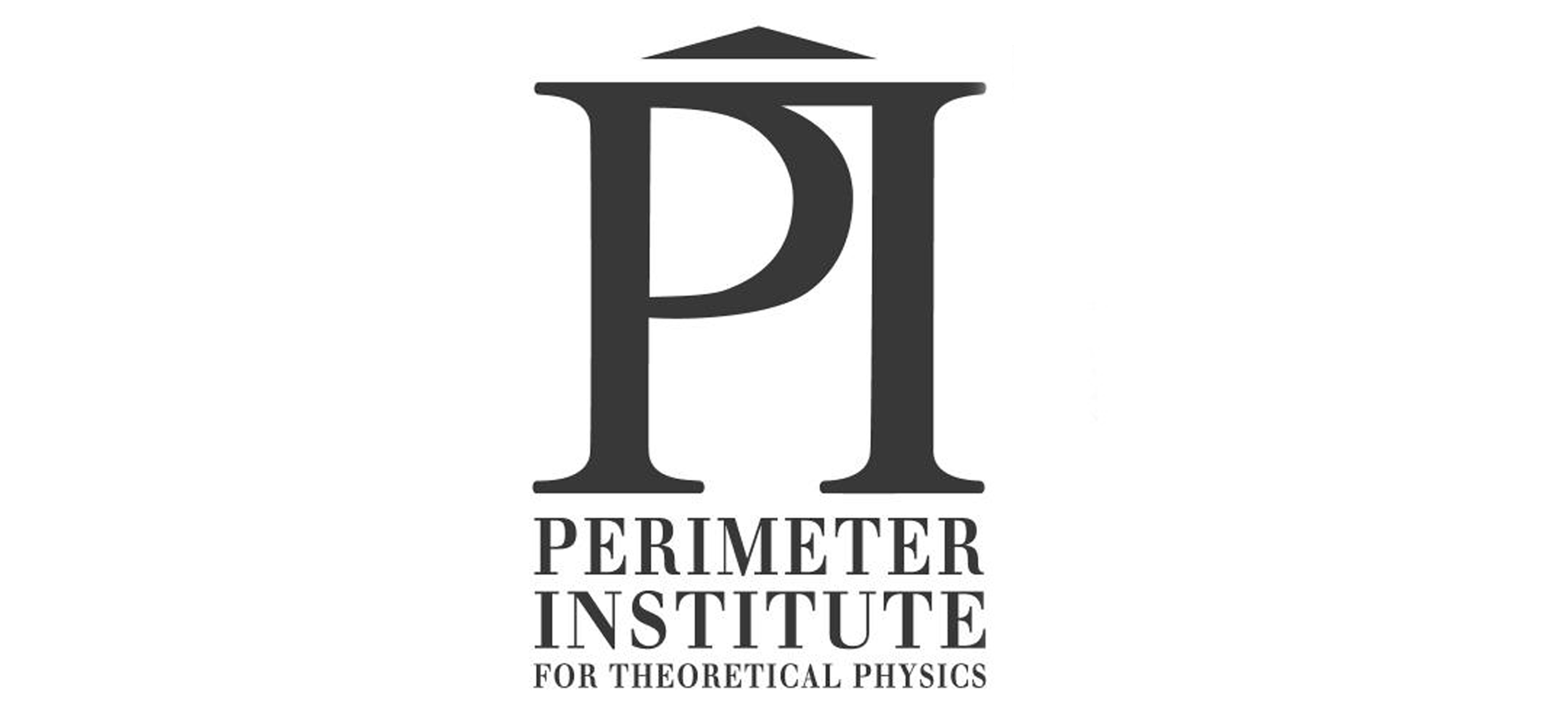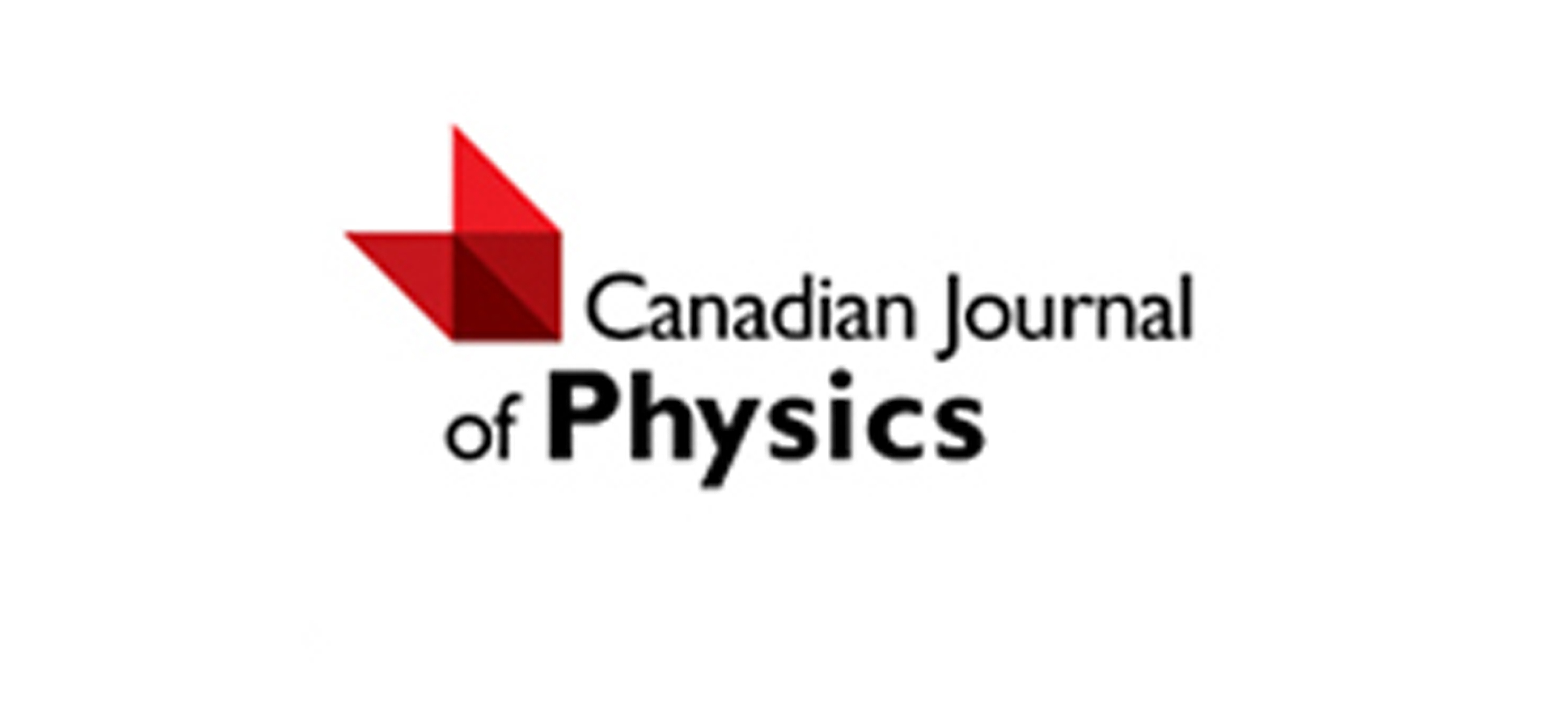- Home /
- Participants
Participants
Last updated August 31st, 2014NEW! Outreach opportunity: To share your story
click here.
CONFERENCE SPEAKERS
ICWIP 2014 will feature distinguished speakers from around the world!
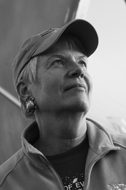 Jill Tarter Jill Tarter holds the Bernard M. Oliver Chair for SETI (Search for Extraterrestrial Intelligence) at the SETI Institute in California. Tarter received her Bachelor of Engineering Physics Degree with Distinction from Cornell University and her Master’s Degree and a Ph.D. in Astronomy from the University of California, Berkeley. She served as Project Scientist for NASA’s SETI program, the High Resolution Microwave Survey, and has conducted numerous observational programs at radio observatories worldwide. Tarter’s work has brought her wide recognition including the Lifetime Achievement Award from Women in Aerospace, and two Public Service Medals from NASA,. She was elected an AAAS Fellow in 2002. In 2004 Time Magazine named her one of the Time 100 most influential people in the world. Tarter was one of three Technology, Education, Design (TED) prizewinners and named one of the Most Influential Women in Technology by Fast Company Magazine in 2009. In April 2010 was a recipient of the Silicon Valley Women of Influence 2010 Award, in addition to becoming an elected fellow of WINGS WorldQuest. Many people are now familiar with her work as portrayed by Jodie Foster in the movie Contact. |
|
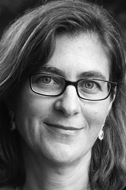 Melissa Franklin Experimental particle physicist Melissa Franklin is the Mallinckrodt Professor and Chair of Physics at Harvard University. She obtained her PhD from Stanford University and worked at Fermilab in Chicago before joining Harvard, where she became the first tenured female professor in physics. She has been involved in collaborations that have resulted in the discovery of not one but two fundamental particles. While at Fermilab she was part of the team involved in the discovery of the top quark. She is also part of the ATLAS collaboration at CERN where the discovery of a new particle thought to be the Higgs boson was recently announced. |
|
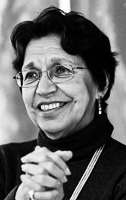
Silvia Torres-Peimbert Dr. Silvia Torres-Peimbert is Professor Emeritus at the Institute of Astronomy, Mexico City University (UNAM), Mexico and the President Elect of the Executive Committee of the International Astronomical Union. She obtained her PhD at the University of California Berkeley, USA. She then became Professor in the Faculty of Sciences and the Institute of Astronomy at UNAM. Today she is Emeritus Professor and since 2009 has been Coordinator of Physical, Mathematical and Engineering Sciences at the university. She is a member of the American Astronomical Society and the Academy of Sciences of the Developing World. In 2011, she received The L'Oreal Foundation and UNESCO Women in Science Award for her work on the chemical composition of nebulae which is fundamental to the understanding of the origin of the universe. |
|

Sabine Stanley Sabine Stanley is a Canada Research Chair and Associate Professor in the Department of Physics at the University of Toronto where she has been a member of the faculty since 2005. She received a B.Sc. degree in Physics and Astrophysics from the University of Toronto and M.Sc. and Ph.D. degrees in Geophysics from Harvard University. Prior to joining the faculty she was a post-doctoral researcher at MIT from 2004-2005. Her research interests lie in the area of planetary magnetic fields, planetary interiors and dynamo theory. She has investigated planetary magnetic mysteries throughout the solar system from Mercury’s anomalously weak field to Neptune’s non-dipolar field to the ancient fields of Mars and asteroids. Sabine’s awards and honors include the Ranjini Ghosh Excellence in Teaching Award of the University of Toronto, the William Gilbert Award of the American Geophysical Union and a Sloan Research Fellowship. |
|
|
Tsai-Chien Chiang Tsai-Chein Chiang is author of a biography of the famous experimental physicist Dr. Wu Chien-Shiung entitled "Madam Wu Chien-Shiung: The First Lady of Physics Research", translated by Tang-Fong Wong. Published in 2013, the book provides a look into the life of the "Chinese Madame Curie", who conducted important experiments that confirmed theories advanced by T.D. Lee and C. N. Yang, questioning the law of conservation of parity. Lee and Yang won the Nobel Prize for Physics in 1957 but Wu was not awarded a Nobel Prize. She later became the first winner of the Wolf Prize in Physics, the first female recipient of an honorary doctorate from Princeton University, and the first female president of the American Physics Society. Tsai-Chien Chiang first met Madame Wu when he was working as a science reporter for the Reading Times. This was the start of his adventure writing her biography, based on many hours of interviews with her as well as over 50 other individuals. He uses a news reporting style in the biography to test the idea that "news serves as a footnote of history". Tsai-Chien Chiang was the Science Chief Writer of China Times, Publisher and Editor in Chief of Knowledge Review, and is currently is a science columnist and lecturer for Taiwan University |
|
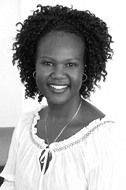 Patience Mthunzi
Patience Mthunzi holds a PhD in Physics (Biophotonics – Optical
Tweezers Area) from the University of St. Andrews, Scotland, UK. She is the
first known person in South Africa to qualify for a PhD in this field of
study. She joined the National Laser Centre (NLC) in the Council for
Scientific and Industrial Research (CSIR)in the Biophotonics group in October
2004. During November 2005 to April 2006 she set up a fully functional cell
culture facility at the NLC. She is currently a senior scientist researcher
at the NLC in the Biophotonics group, leading single cell and/or molecule
projects.
She recently received one of the country’s highest orders, the Order of Mapungubwe for her contribution in the field of biophotonics. |
|
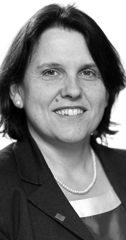
Claudia Felser Claudia Felser studied chemistry and physics at the University of Cologne (Germany) and completed her doctorate in physical chemistry there in 1994. She became a full professor at the University of Mainz (Germany) in 2003. In Dec. 2011, she became director at the Max Planck Institute for Chemical Physics of Solids in Dresden (Germany). She was honored with the order of merit “Landesverdienstorden” of the state Rhineland-Palatinate for the foundation of a lab for school students at the University of Mainz. In 2010, she has been the distinguished lecturer of the IEEE Magnetic Society, the Nakamura lecture awardee at UC Santa Barbara and she received the SUR-grant award from IBM. She is a fellow of the American Physical Society and the Institute of Physics, London. Prof. Felser has written more than 250 articles and been granted several patents. Her recent research focuses on the rational design of new materials for spintronics and energy technologies such as solar cells, thermoelectric materials, topological insulators and superconductors. |
PANEL DISCUSSION MEMBERS
This panel features four amazing women who obtained university degrees in physics and are now pursuing fascinating careers in science, technology, communication and education.
Over the course of this informal evening, panelists will share their career paths and experiences and invite your questions and comments.
Please join us at the reception after the discussion and meet the speakers.
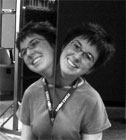 Sandy Eix Sandy Eix has been inventing shows, programs, and exhibits for about 15 years at Science World in BC, Canada. Her job lets her play with all sorts of science and share her discoveries with kids of all ages. Some highlights have included developing a great big physics gallery, running a summer camp for teachers, creating science resources for preschoolers, being interviewed on national radio, and project-managing Body Worlds. She has a BSc in Physics (Waterloo), B.Ed (Queen's University), MSc and PhD in Physics from Simon Fraser University, Canada. |
|
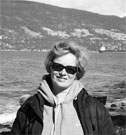 Marina Milner-Bolotin Marina Milner-Bolotin is an Assistant Professor in Science Education at the University of British Columbia, Vancouver, Canada. She studies how technology can be used in teacher education in order to promote mathematics and science teaching and learning. Dr. Milner-Bolotin has received numerous teaching awards including the UBC Killam Teaching Award (2014). In 2013 she co-authored an undergraduate introductory physics textbook. She has an M.Sc. in Physics (Kharkov National University, Ukraine), and an M.A. and Ph.D. University of Texas, Austin. |
|

Clara Moskowitz Clara Moskowitz is an associate editor at Scientific American, covering all areas of astronomy, physics and spaceflight. She has written on topics ranging from the creation of super heavy atomic elements to dark matter, and has appeared on national radio programmes such as WNYC. Before joining Scientific American, she was a writer and editor for Space.com and LiveScience.com. She studied science journalism at the University of California, Santa Cruz, and has a bachelor's degree in astronomy and physics from Wesleyan University, Connecticut, USA. |
|
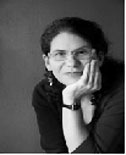
Eileen Pollack Eileen Pollack is a Professor, and is the author of several novels, collections of short fiction, a children's book, and creative nonfiction. Breaking and Entering was awarded the 2012 Grub Street National Book Prize and named a New York Times Editors' Choice selection. She has numerous awards and fellowships and prizes including two Pushcart Prizes. Her recent article “Why are there still so few women in science” in the NYT has garnered much attention and is the subject of an upcoming book. She has a B.S. in Physics (Yale University) and an M.F.A. from the University of Iowa. |


